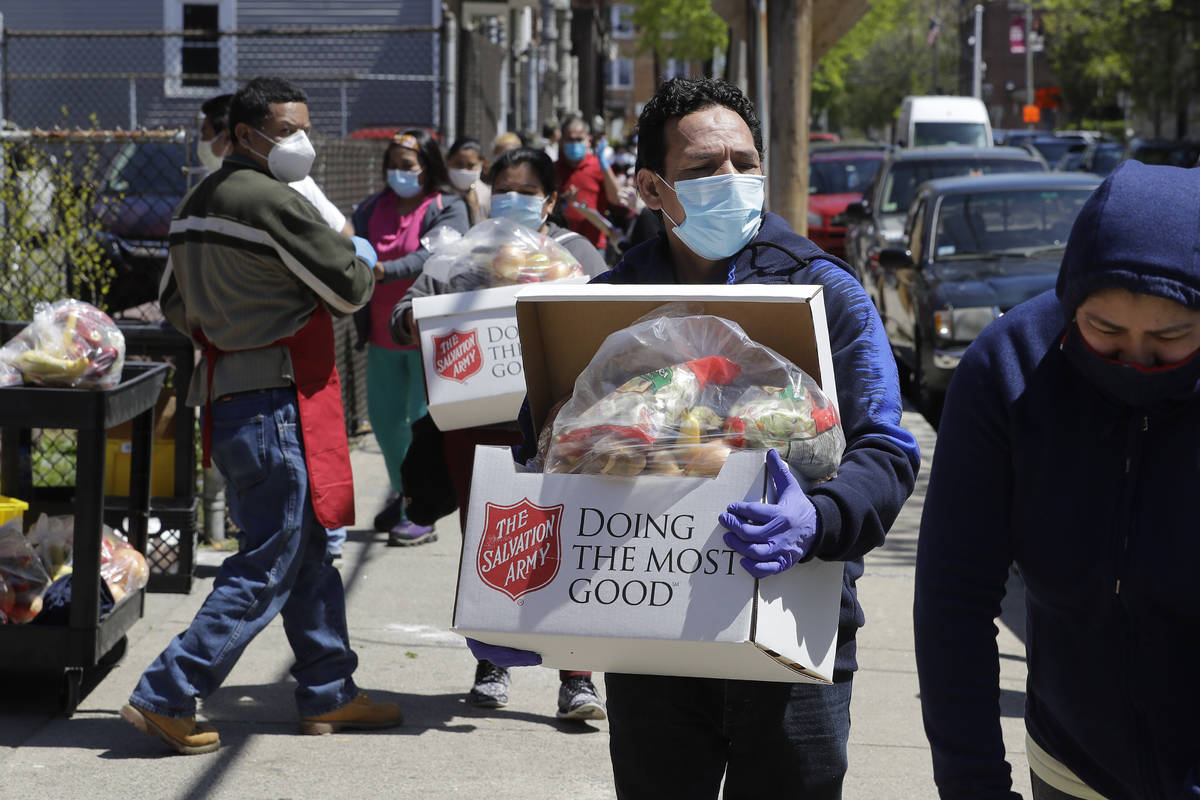EDITORIAL: Environmentalists want 10 years of coronavirus-level emissions cuts
It’s always been difficult for the layman to comprehend what it would entail to reduce carbon emissions enough to satisfy environmentalists who fret over global warming. Then came coronavirus.
The once-in-a-century pandemic has devastated the U.S. economy. The April unemployment rate is 14.7 percent and rising. Nevada has the highest unemployment rate in the country at 28.2 percent. One-third of families with children report feeling “food insecure,” according to the Institute for Policy Research, Northwestern University. Grocery prices saw their largest one-month increase since 1974.
There’s a statistical relationship between a loss in U.S. income and increased deaths. “With an average estimate of one additional lost life per $17 million income loss, that would translate to 65,000 lives lost in the U.S. for each month because of the economic shutdown,” Scott Atlas, senior fellow at Stanford University’s Hoover Institution, and a trio of other professors wrote in The Hill.
To keep the economy afloat, the U.S. government has spent $2.4 trillion on coronavirus programs. Another expensive relief bill seems likely. Unless the end goal is massive inflation, this level of spending can’t continue.
Not even the health care sector has been immune from economic devastation. In April, 1.4 million medical workers lost their jobs. Hospitals throughout the country are facing bankruptcy, as patients, either by choice or government mandate, put off elective surgeries.
Patients or would-be patients are receiving less medical care. Cancer patients were denied chemotherapy. Children are receiving fewer vaccines. Medical professionals note that fewer people have sought care for heart attacks and strokes during the lockdown.
Schools throughout the country have shut down as well. While there have been laudable efforts to expand distance education, it’s unlikely students from lower socioeconomic groups have learned much. Each week, there were tens of thousands of students the Clark County School District wasn’t even able to contact. Parents of special education students have raised additional concerns about how the shutdown has harmed their children.
Amazingly, the United States has it good compared with many other places in the world. David Beasley, director of the U.N. World Food Program, has estimated that the ongoing economic slowdown could push an additional 130 million “to the brink of starvation.”
That’s the bad news. The good news for global warming alarmists is that economic shutdowns reduce carbon emissions. If some restrictions remain in place worldwide through the end of the year, researchers writing in Nature estimate emissions will drop in 2020 by 7 percent.
For some perspective, the U.N.’s climate panel calls for a 7.6 percent reduction in emissions — every year for a decade. And now we get a real-world glimpse of the cost.





























